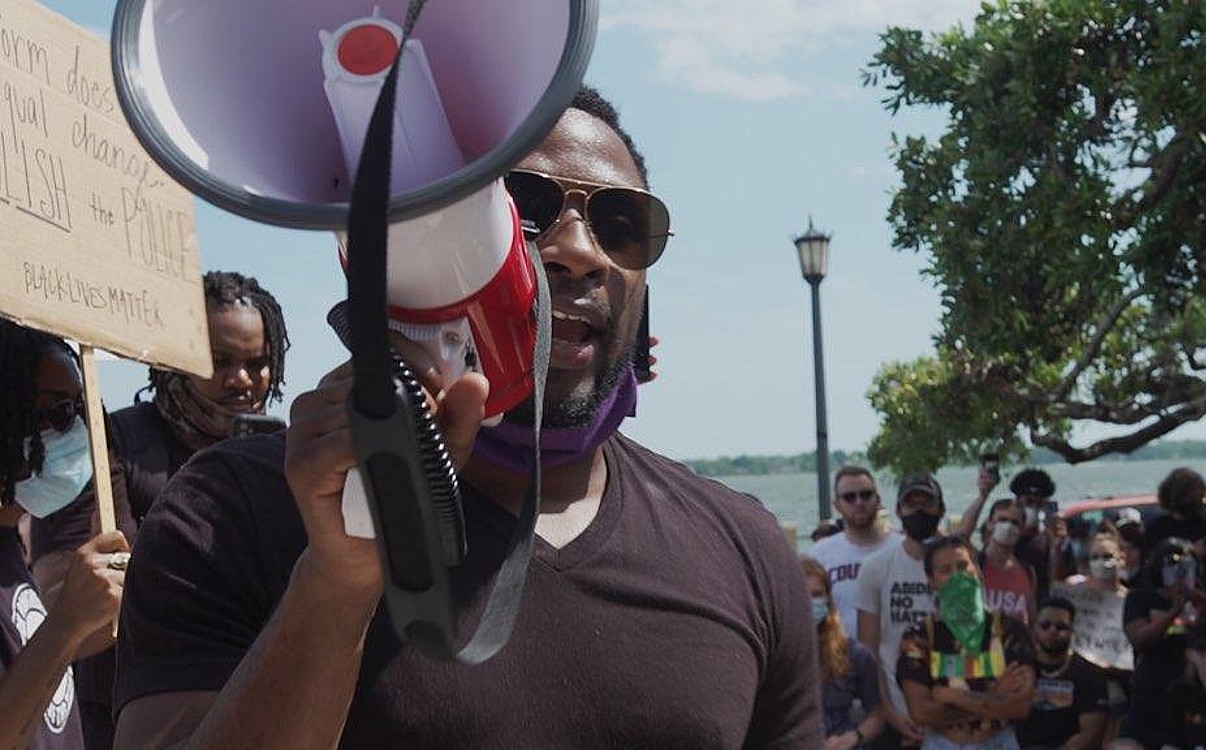
By Lindsay Street, Statehouse correspondent | Some lawmakers want to translate the protests of the moment into legislative action as the General Assembly readies to return this month for a two-day session to direct federal aid.
The aid is tied to helping state agencies rebuild following the response to the coronavirus pandemic, but some say racial disparities and longstanding inequities could begin to be addressed during the June 24-25 special session.
North Charleston Democratic Rep. Marvin Pendarvis said Thursday protesters need to “crowd the Statehouse” to affect change.
“It’s an unpopular opinion,” he added.
- MORE TO READ: The Charleston City Paper today published this commentary, “For those of us who still have breath,” by Pendarvis.
For the last week, South Carolina’s cities have witnessed protests by groups, large and small, calling for greater change in a country they maintain allowed the death of George Floyd in Minnesota police custody.
Some of their frustration seems to be linked to how South Carolina has changed little in the wake of North Charleston resident Walter Scott’s murder by a white police officer and the slayings of nine black people by a self-described white supremacist in Charleston, both in 2015.
“The protests are indicative of all of the frustration that has accumulated year after year,” said Columbia Democratic Rep. Beth Bernstein.
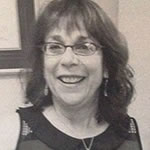
S.C. Appleseed Legal Justice Center Director Sue Berkowtiz said the current protests are “a turning point.”
“I don’t think there is one lawmaker who could or should ignore this anymore. I don’t think it’s going to go away,” she said. “I think people are finally tired and realizing that patience is not working. It has to change.”
The June session
House Speaker Jay Lucas’ office confirmed this week that members of the General Assembly will be called back to Columbia June 24 and 25 to address the state’s $1.9 billion share of the Coronavirus Aid, Relief, and Economic Security (CARES) Act money.
CARES Act funding to states can be spent on costs incurred by the public health emergency of COVID-19 that were not accounted for in the state budget and were incurred between March 1, 2020, and the end of the year.
Gov. Henry McMaster’s AccelerateSC task force released its recommendations for spending last week. Other than $2.4 million recommended for historically black colleges to adapt to more online learning, there is no mention of low-income and marginalized communities, groups that have been disproportionately affected by coronavirus shutdown job losses and health outcomes.
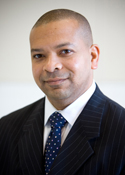
Charleston Democratic Sen. Marlon Kimpson said investment now can begin to heal the state.
“It’s important for all of us, Republicans and Democrats, to seize this as an opportunity — with an influx of $1.9 billion — to make a material difference in the lives of the people feeling pain,” he said. “And the people who feel pain are the African American and other marginalized communities, who have been left behind and made the subject of police brutality and left behind on economic opportunities.”
The Palmetto Project’s Shelli Quenga said one thing federal aid can do is expand the state’s Medicaid program.
“Right now, we have a lot of people left out and that creates a divide,” she said, adding that access to healthcare is a “core issue” affecting racial injustice.
Changes following Charleston incidents
Like the moment now, 2015 appeared ripe for change.
Just two months after a white North Charleston police officer shot and killed Scott, an unarmed black man attempting to flee, the legislature passed a bill requiring all law enforcement officers to wear body cameras.
A month after a white supremacist massacred nine black people at Emanuel AME Church in Charleston, the General Assembly voted to move the Confederate flag off of the Statehouse grounds to a state-funded museum.
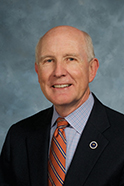
Clemson Republican Rep. Gary Clary, who is not seeking reelection, said the debate on removing the flag exposed “latent racism” that remained in South Carolina.
Pendarvis, who was not a member of the House then, said a lot of energy went into removing the flag.
“I think we got fooled into thinking it would translate into more than it did,” he said. “We were able to get a symbolic gesture, we were able to get body cameras. Outside of that, has anything really changed?”
The work that remains undone
Members of the S.C. Legislative Black Caucus spoke Wednesday at the Statehouse steps, addressing changes they would like to see, including better state funding of body cameras and passing a hate crimes bill.
- MORE TO READ: Publisher Andy Brack writes in a column today that the Black Caucus needs to be bolder.
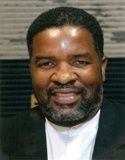
S.C. Rep. Wendell Gilliard, D-Charleston, said a hate crimes bill would go a long way toward race relations in the state. He has been a perennial sponsor of the bill. This year, the bill got important bipartisan support from then-House Judiciary Chair Peter McCoy, “but of course, then COVID-19 hit,” Gilliard said, and that all but ended the session and any pending bill with it more than two months early. McCoy has since resigned from the General Assembly to become the state’s U.S. attorney.
Gun safety was also pushed in the years after the church massacre, particularly what’s known as the Charleston loophole, which would require gun dealers to wait until a background is completed before selling a weapon. Most bills died in committee.
Clary said it’s time for the loophole to be addressed by Congress since it is too mired in partisan politics in the state. A federal bill passed the Democratic-led U.S. House of Representatives in 2019, but stalled in the Republican-led Senate.
Arm-in-Arm, a Charleston group founded to push for gun safety changes following the church shooting, is working to overcome the political divide. Founder Meghan Alexander said new legislation will be pushed in 2021 and the group will continue to hear from gun owners in the coming months.
Gilliard said another legislative step needed is allowing the removal of Confederate monuments in the state, currently protected by state law. He said the statue of John C. Calhoun in Charleston’s Marion Square, a block away from Emanuel AME Church and next to a Jewish Holocaust memorial, is insulting.
“That’s the statue of Adolph Hitler,” he said, comparing Calhoun to Hitler.
The American for Civil Liberties Union of South Carolina has begun to push for policing changes, calling for fewer police rather than more.
What comes next
Voting and talking to lawmakers about real reform can overcome the partisan struggle at the Statehouse, advocates say.

“So many of them bank on this just dying down,” Pendarvis said. “We can’t let the conversation die.”
The Palmetto Project, usually seen with its “I Voted” stickers at polling locations every election, has been active in promoting voting.
“The number one way (to change Columbia) is you’ve got to vote. We have that right and you have to ask about the issues you care about and make sure the people you’re voting for represent the issues you care about,” Quenga said.
Gilliard said he is issuing a challenge to the protesters in the streets: “Don’t just make it a moment; make it a movement.”
Pendarvis said he hoped protesters bring their current passion to the start of the 2021-2022 legislative session in January. He said 30 days of protest could affect change. In North Carolina, frequent “Moral Monday” protests at the state capitol are believed to have led to the defeat of a Republican governor in 2016.
“If you bring numbers, if you’re going to do thirty days of protest at the Statehouse, camping out, and (saying) y’all are going to hear us, then I promise you: Something will get done,” he said.
- Have a comment? Send to: feedback@statehousereport.com



Pingback: Statehouse Report – NEW for 6/12: Masks vs. surge; Right side of History; Expand Medicaid
Pingback: Statehouse Report – NEW for 6/19: Heritage Act comes under scrutiny; Calls for reform
Pingback: Statehouse Report – BIG STORY: Four-fifths of 2020 lawmakers haven’t voted on Heritage Act